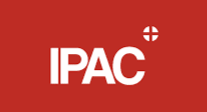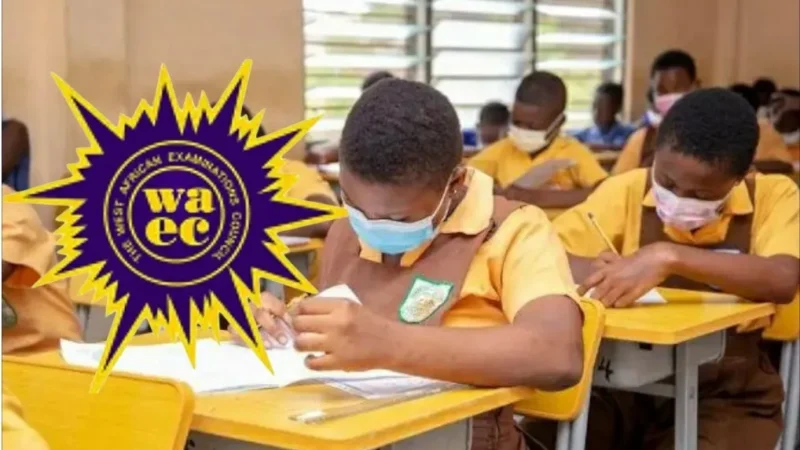Ghana’s introduction of the Free Senior High School (Free SHS) policy in 2017 was a significant milestone in the country’s education sector. It aimed to provide equal educational opportunities for all Ghanaian students, regardless of their socio-economic backgrounds. While the policy has undoubtedly increased access to secondary education, it is crucial to align the educational model and approach with the principles of Free SHS to ensure its long-term success. This article provides the need for a comprehensive educational reform and suggests an evolved approach to education in line with the Free SHS initiative in Ghana.
Focusing on Holistic Development
The traditional education model in Ghana has often prioritized academic achievements and examination results. To create a well-rounded educational experience in line with Free SHS, the focus needs to shift towards holistic development. This approach should encompass academic excellence, character building, critical thinking, problem-solving, creativity, entrepreneurship, and ethical values. By nurturing a comprehensive set of skills and competencies, students will be better prepared for higher education, the workforce, and active citizenship.
Emphasizing Quality Teaching and Learning
While Free SHS has increased access to secondary education, it is equally vital to ensure quality teaching and learning experiences. Adequate investment in teacher training, professional development, and instructional resources is necessary to enhance the overall educational quality. Encouraging innovative teaching methodologies, promoting interactive classroom environments, and integrating technology can facilitate effective learning outcomes and engage students in a meaningful way.
Diverse Curriculum and Vocational and Technical Education
A well-rounded education system should provide a diverse curriculum that caters to students’ individual interests and aptitudes. While core subjects remain crucial, the curriculum should incorporate practical skills training, vocational education, and technical courses to prepare students for various career pathways. By nurturing a range of talents, Ghana can foster entrepreneurship, reduce unemployment rates, and drive economic growth by equipping students with skills relevant to the job market.
Enhancing Infrastructure and Resources
To support the evolving education model, Ghana must invest in improving infrastructure and resources across educational institutions. This includes ensuring access to libraries, science laboratories, technology facilities, and internet connectivity. Adequate funding and efficient management of schools can create conducive learning environments, facilitate research and innovation, and empower students to explore their full potential.
Strengthening Partnerships and Stakeholder Engagement
The successful implementation of an evolved education model requires collaboration between government, educational institutions, civil society, and the private sector. Engaging stakeholders in policy formulation, monitoring, and evaluation processes will ensure that decisions are inclusive, transparent, and responsive to the needs of students and communities. Moreover, partnerships with international organizations and knowledge-sharing platforms can bring global best practices to Ghana’s educational landscape.
Conclusion
As Ghana continues to uphold the principles of the Free SHS policy, it is imperative to adapt the education model and approach to align with these objectives. By embracing a holistic development focus, emphasizing quality teaching and learning, providing a diverse curriculum, enhancing infrastructure, and strengthening partnerships, Ghana can pave the way for a transformed education system that prepares students for a rapidly changing world. This comprehensive approach will not only contribute to individual growth but also foster socio-economic development, innovation, and prosperity for the nation as a whole.





A blog like yours should be earning much money from adsense~**;’
Click Here to Join Our WhatsApp Channel for More…